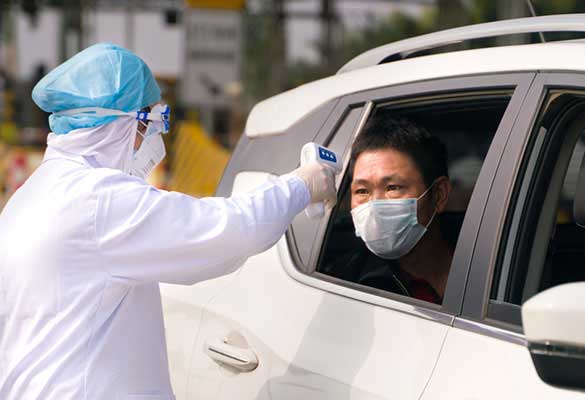Since the onset of the pandemic, the island nation of Taiwan neighbouring mainland China has done remarkably well in the past two years to keep infection levels under control. In 2020 alone, the country managed more than six months without recording a single case and even with the advent of the Omicron variant, daily case numbers have remained quite low.
What has been the recipe for this success? According to a BBC report, self-reporting and a QR code-based contact tracing which was the creation of an anonymous tech collective. Before the pandemic, the group was already holding bimonthly hackathons and repurposing open-source software.
Once the pandemic hit, the collective began the de-facto response group to come up with tech solutions to counter the ill effects of the virus. The group was responsible for coming up with solutions for contact tracing and rationing face masks. Notably, the country’s digital minister Audrey Tang is also a member of the collective known as g0v.
The QR code system was chosen after all other seemingly feasible solutions failed to prove practical and scalable. What worked was that those without a smartphone could SMS a 15-digit corresponding code to the country’s COVID hotline.
So, within a week of the onset of the pandemic, these QR codes became ubiquitous with business establishments in the country like from small shops to cafes to night markets. Entry to these spaces was allowed only after the visitors scanned those QR codes.
In addition, cell phone tower triangulation was also utilized for contact tracing purposes. As many as 627,000 persons were texted about possible infection after they were in close proximity with passengers who deboarded a Japanese cruise ship.
While all these have worked wonderfully well for the country to keep infections level at a bare minimum, privacy advocates had raised concerns. But those in support of this successful system said the compartmentalization of data among various authorities prevents any privacy nightmare.


